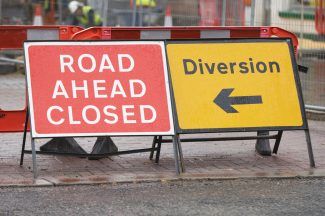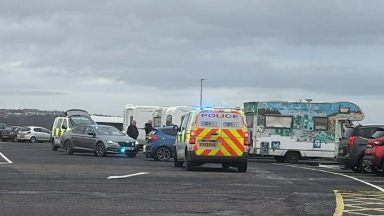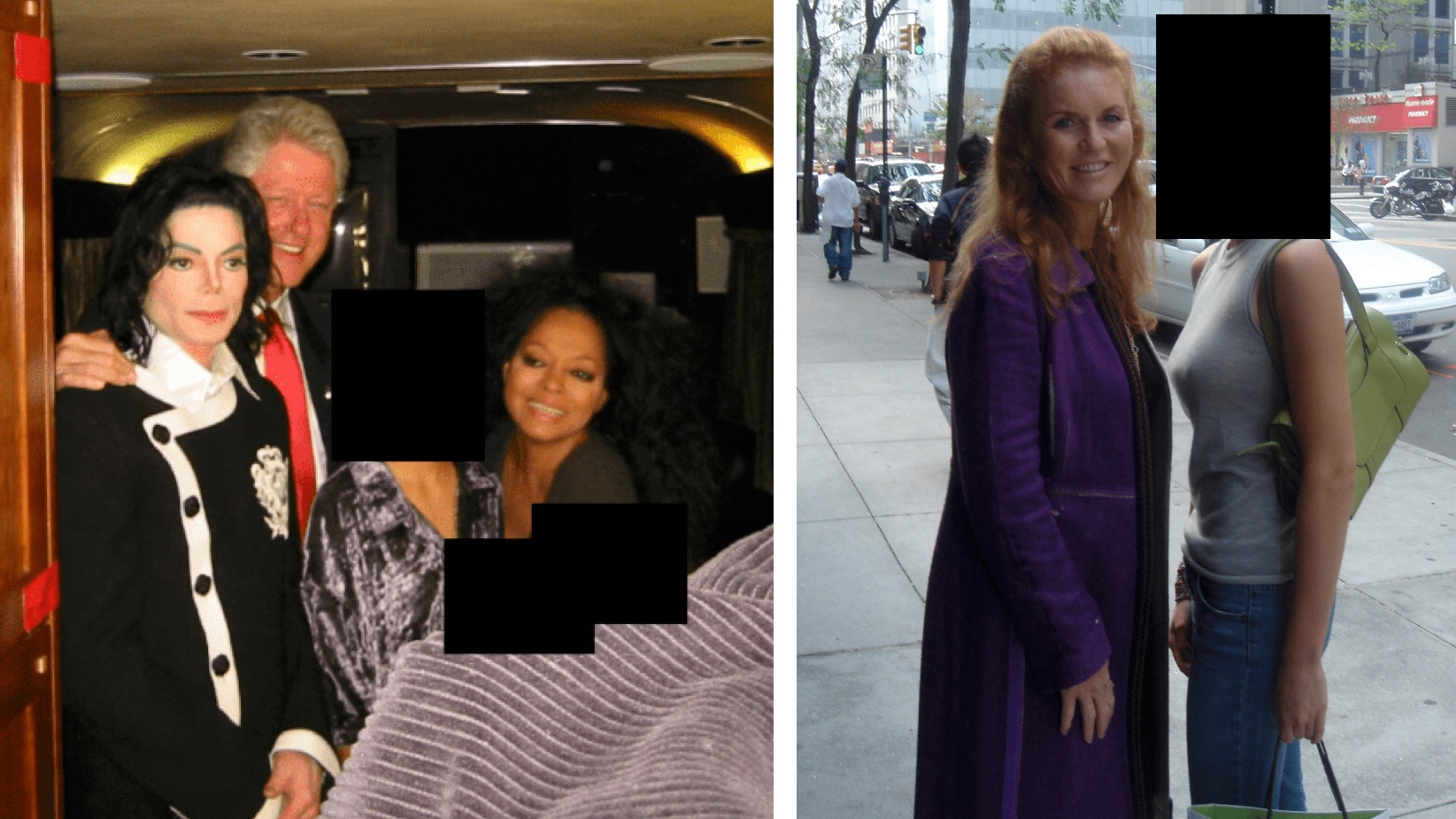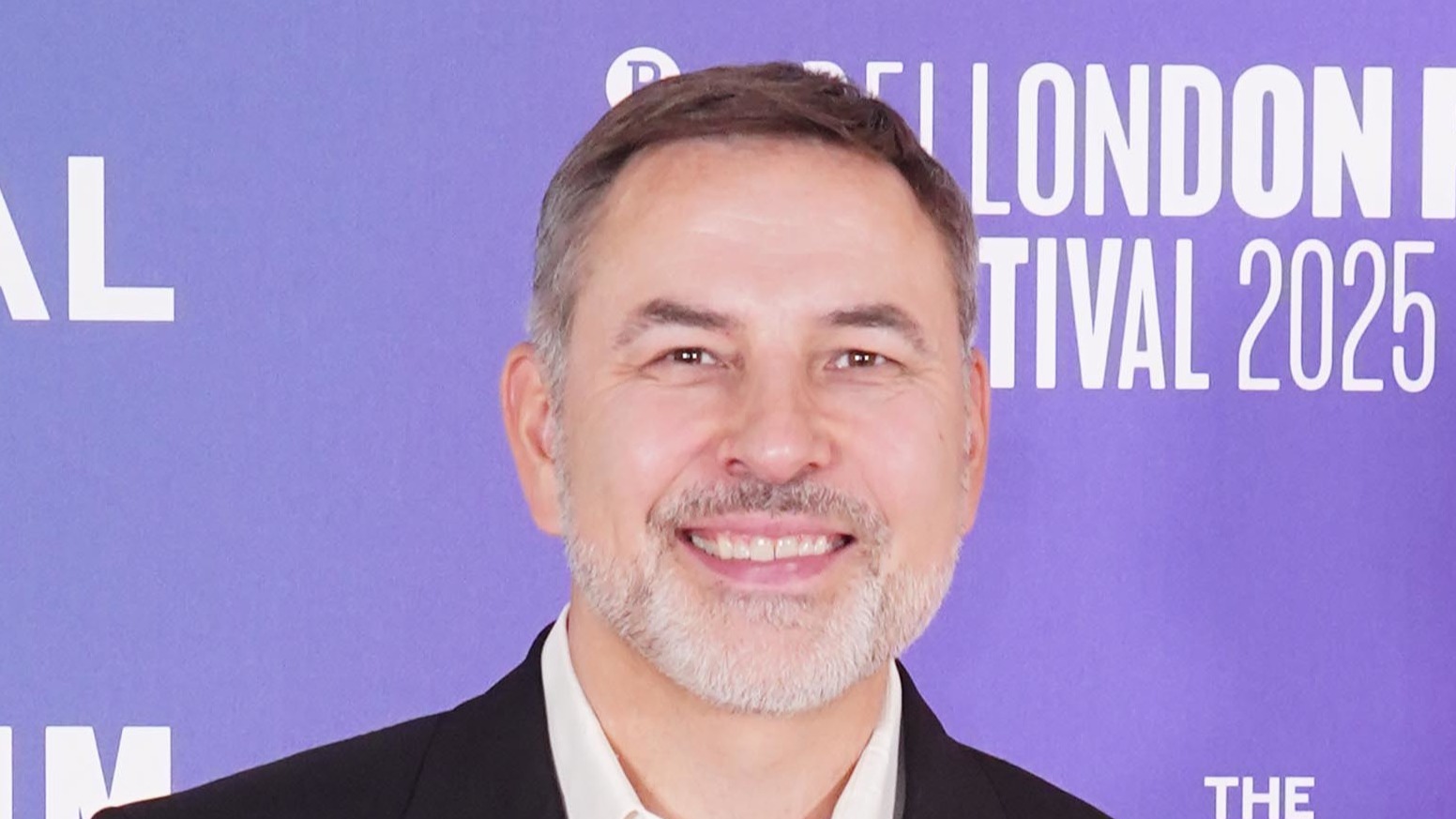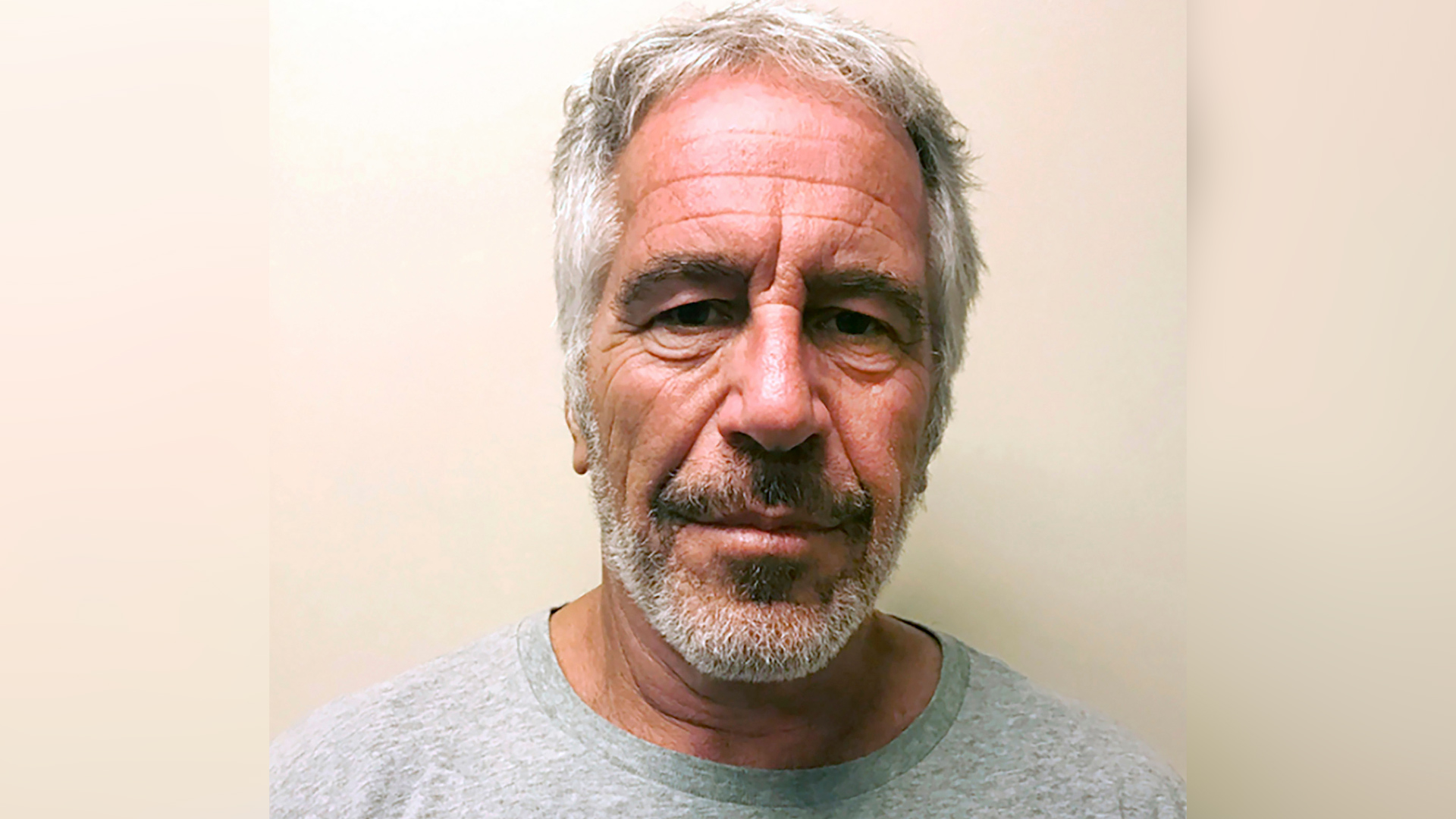Vaccine passport schemes can be a “double-edged sword”, MSPs have been told.
Three professors who have examined similar schemes around the world said they largely agree with the Scottish Government’s position that vaccine passports could encourage greater uptake of coronavirus jabs.
But some warned introducing such a scheme can also stiffen opposition to vaccines among groups which are already hesitant and mistrustful, as they view it as a form of control.
They also noted that unlike vaccine passport schemes in other European countries, the Scottish plans do not include the option of a negative coronavirus test to be used as an alternative to vaccination.
Professor Christopher Dye of Oxford University, Professor Stephen Reicher of St Andrews University and Professor John Drury of Sussex University all gave evidence to Holyrood’s Covid-19 Recovery Committee on Thursday.
Prof Dye said he feels vaccine certification is largely a “feasible and helpful process”, adding that he generally agrees with the Scottish Government’s evidence paper on it.
He said: “It was my surprise too when I read through the documents for this meeting, that the Scottish intent is to use only vaccination or not the other two back-up methods that are used most widely in Covid passes in Europe.
“Namely, a negative test of some kind or previous evidence of an episode of Covid, implying that one is the subject would be immune in some regard.
“The advantage of a tripartite system like that is that it provides a back-up for those who really don’t want to be vaccinated or cannot be vaccinated for medical reasons.”
This could lead to issues with travel around Europe, he said.
Prof Reicher said vaccine certification schemes can be “a double-edged sword”.
In communities where there is high trust of vaccines, he said it could encourage indifferent people to be jabbed.
However those who are already hesitant could become more so if they feel the vaccine is becoming compulsory.
Prof Reicher said: “We have data to show this, that in high-trust individuals and communities you find that the prospect of vaccine passports increases the intention to get vaccinated.
“Whereas for those who have low trust in communities such as the black community – where you have low trust – it can actually not only have no effect it can actually increase opposition.”
Uptake of the vaccine has been lower in certain ethnic minority communities around the UK.
Asked about the risk of virus transmission in venues, Prof Reicher said there is some evidence that people engage in more risky behaviour if they are vaccinated.
He said First Minister Nicola Sturgeon is right to suggest vaccinated crowds are safer, but he added continued public health messaging is “absolutely critical”.
Prof Drury described what he called the “backfire effect”, where anti-vaccine views stiffen.
He said: “Some groups harden, instead of becoming motivated to get vaccinated they harden in their anti-vaccine view because they construe and understand the scheme as a form of control.
“And it tends to be the same groups, or people in the same groups, that are not getting vaccinated.”
Follow STV News on WhatsApp
Scan the QR code on your mobile device for all the latest news from around the country


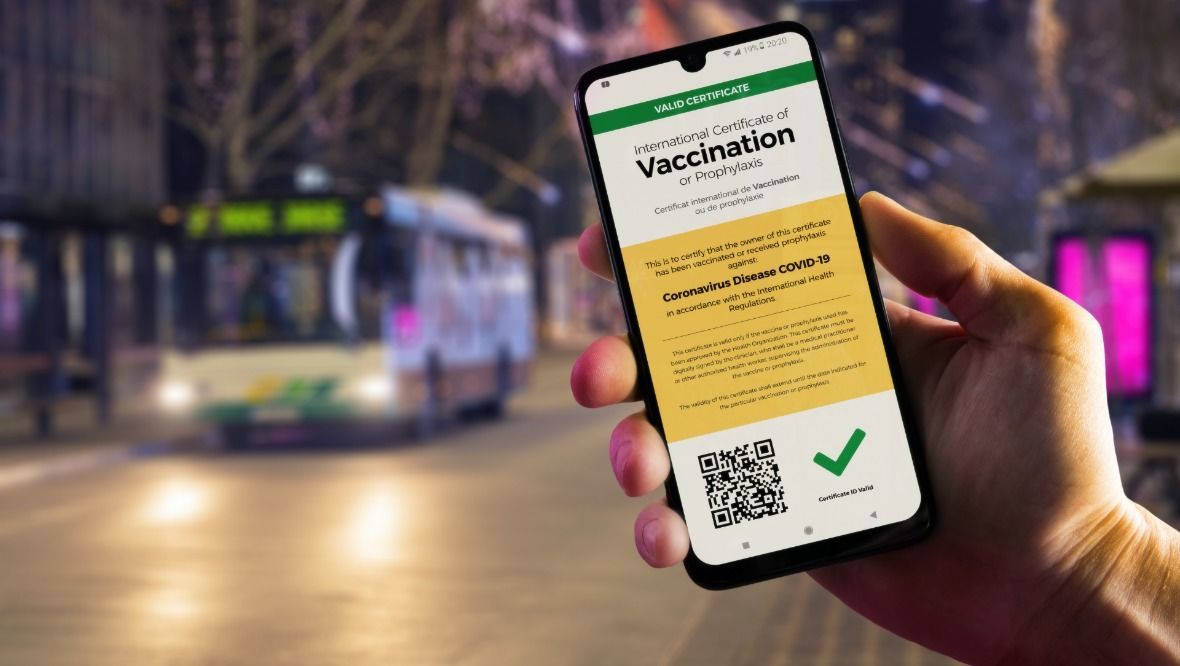 iStock
iStock





